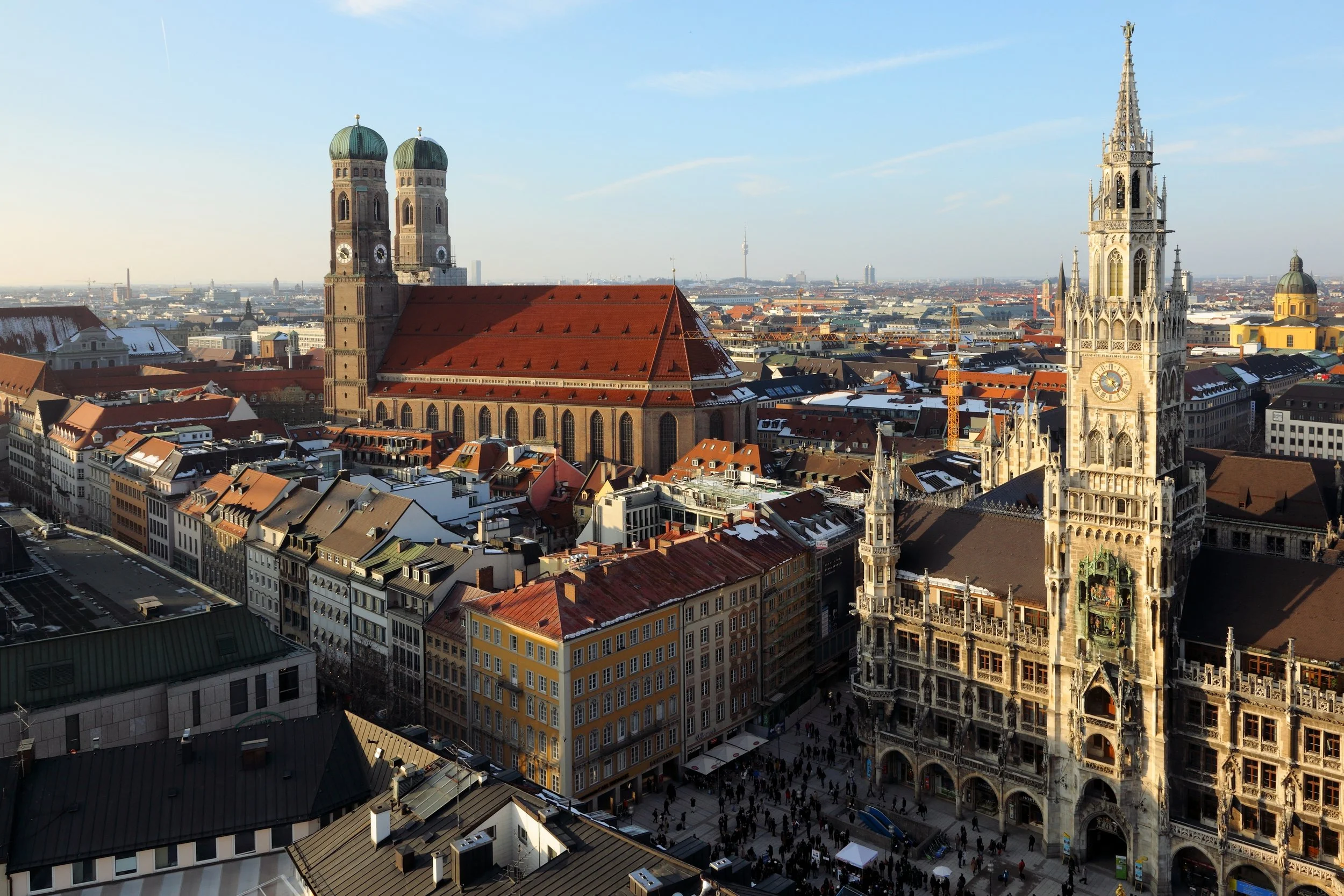
I’ve always loved animals, so choosing to study Biology felt natural. During my studies at one of Venezuela's most prestigious and rigorous institutions, Universidad Simón Bolívar, I discovered my passion for the ocean and marine life. As part of my degree, I had the opportunity to go to Granada, Spain, for a year as an exchange student. There, I took a class in animal physiology, and one of the assignments required us to give a presentation on a topic of our choice. By chance, I watched a TV show featuring Cristina Zenato doing her thing with sharks. I was fascinated by her work and decided to do my presentation on tonic immobility in sharks. I reached out to her to ask a few questions, and to my surprise, she kindly replied. After that, I was inspired to keep learning about sharks, and I began dreaming of seeing them in the wild.
When it came time to choose a topic for my final dissertation, I contacted Cristina again and asked how I could get involved in shark research. She connected me with Dr. Samuel “Doc” Gruber at the Bimini Shark Lab, and soon after, I achieved my dream: I joined the lab, conducted my own research project, assisted others, and went in the water with some sharks. It was an amazing experience. While at the lab, I learned not only about shark biology but also about the alarming global decline in shark populations. It was heartbreaking to realize how many shark researchers (my colleagues, professors, and role models) were producing vital studies and raising the alarm, yet struggling for funding and being largely ignored. At the same time, I had fallen deeply in love with sharks and began exploring shark diving operations in the Bahamas. I discovered a thriving tourism industry where people were paying a lot of money to see sharks, but I noticed a disconnect: the operators rarely shared scientific knowledge with guests or locals. They were simply having fun and cashing in.
I realized there was a huge gap between the two worlds I cared about most: science and tourism. Around the same time, I came across studies like Vianna et al. (2010) from Palau, showing that shark tourism can benefit conservation. That was my lightbulb moment! I decided I wanted to start a shark diving company back home in Venezuela that would generate income by showing sharks to tourists in a respectful, educational way, and then use some of those funds to support research projects and conservation initiatives. However, there was one major challenge: I didn’t know the first thing about starting or running a business.
That’s when I decided to move to Munich, Germany (one of the most business-friendly cities in the world) to immerse myself in a different mindset. With the ongoing support of my parents, I completed an MBA in Tourism at EU Business School and learned how to build and manage a successful business. But I still had one missing piece: I didn’t know how to start and run a shark diving operation that was safe, sustainable, and respectful to the animals and their environment. I wanted to learn from the experts in the field.
Then, I came across the Rolex Scholarship. It felt like a perfect fit, an opportunity for young people to travel the world for a year to learn about the ocean. It seemed too good to be true, and I almost didn’t apply because I thought I wouldn’t stand a chance. But I applied anyway, just in case. To my disbelief, I was selected as the 2014 European Rolex Scholar. Another dream came true!
I packed my bags and left Munich to travel the world, visiting 15 countries and dozens of research labs and dive centers, all with the goal of learning everything I could about responsible shark tourism. By the end of that year, I finally felt ready to start my own project.
The only problem was that Venezuela’s economic and political situation had worsened significantly. So, together with someone very special I met during my travels (now my husband), we set out to find a new home for what was now not just my dream, but our dream. After three more years of travel and research, we decided to settle in Sint Maarten, the perfect place to build our diving business and research station and start a little family… Below, you’ll find more information (and pictures!) about my academic and professional journey across key institutions that shaped my path.






